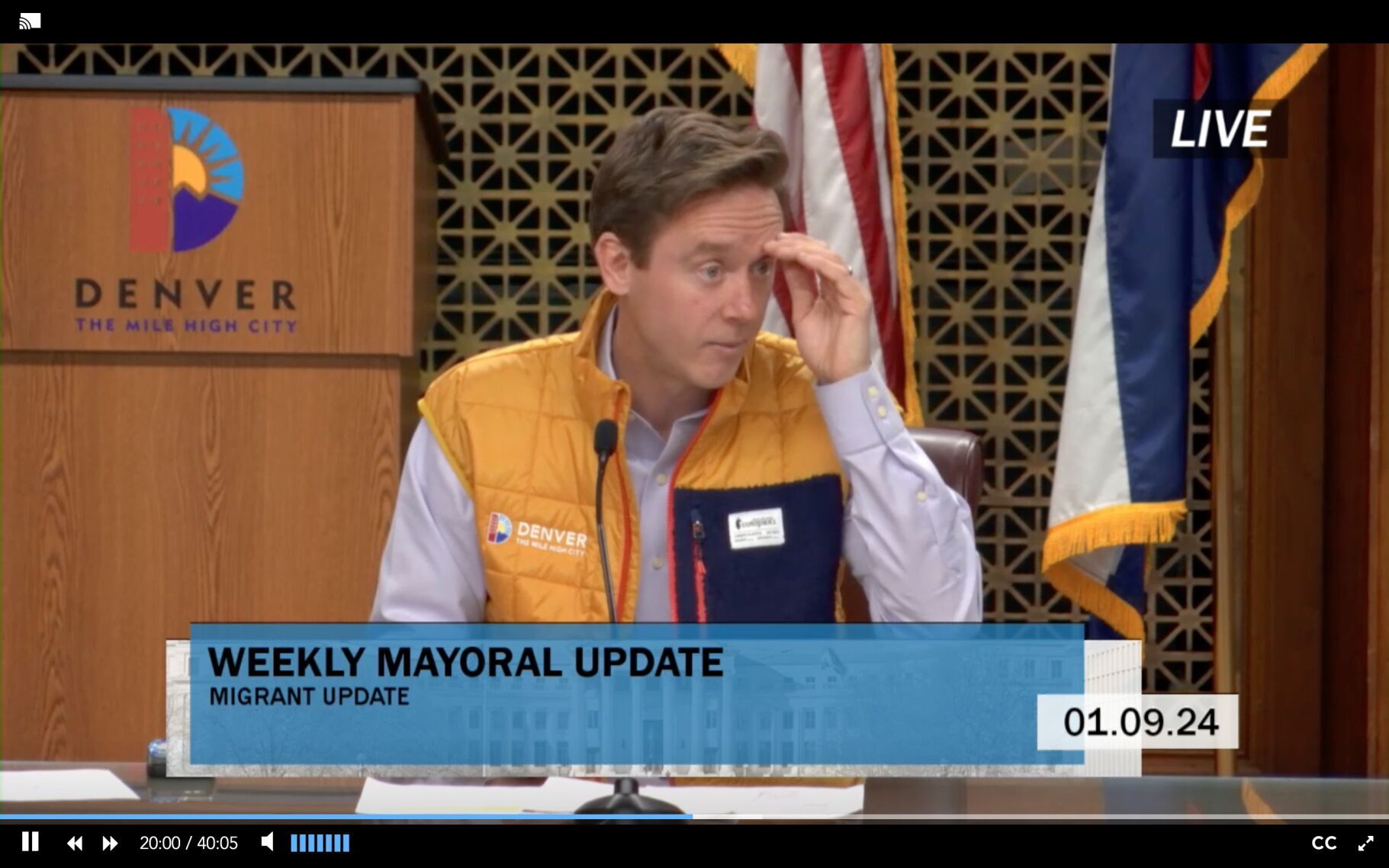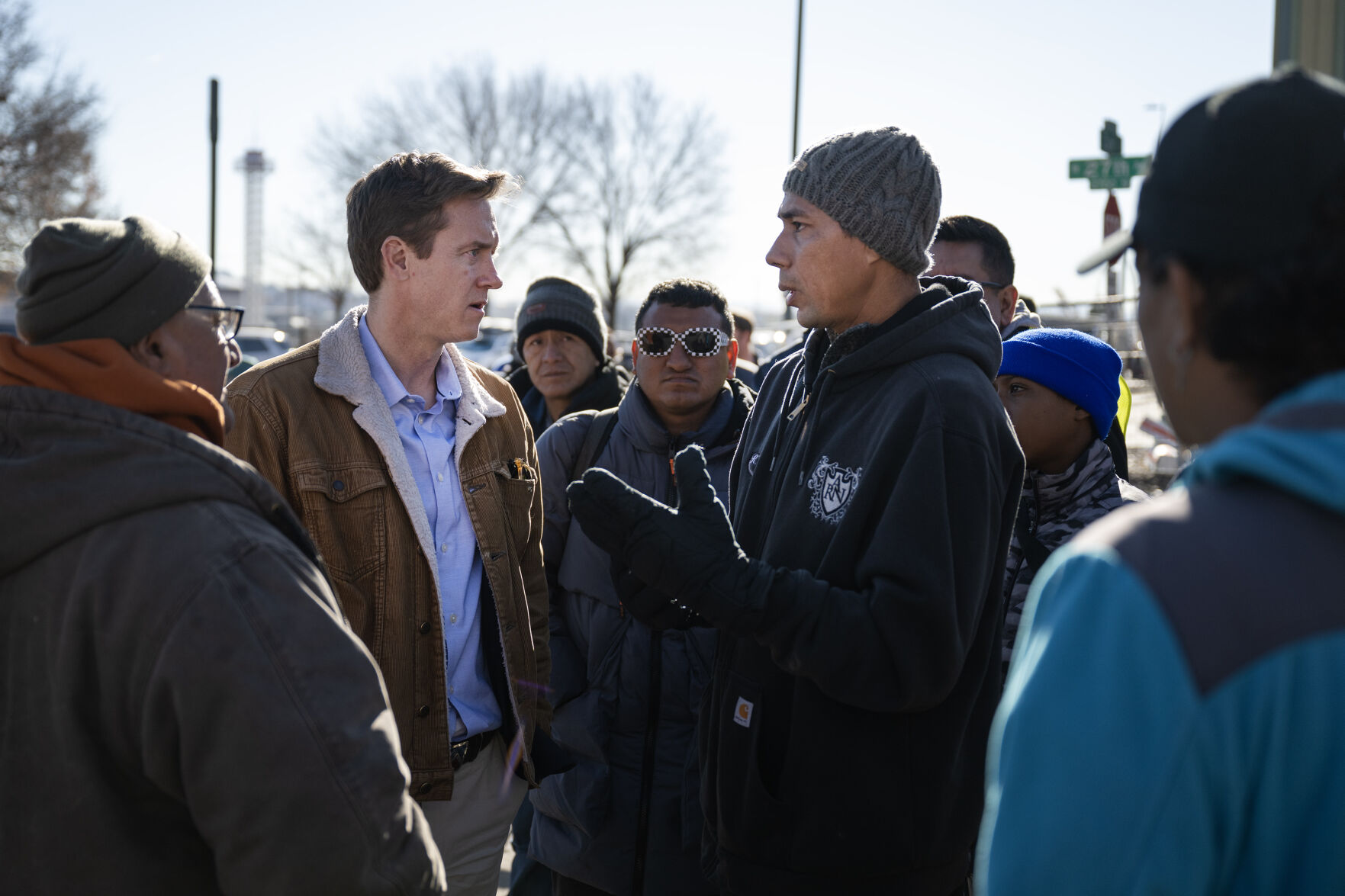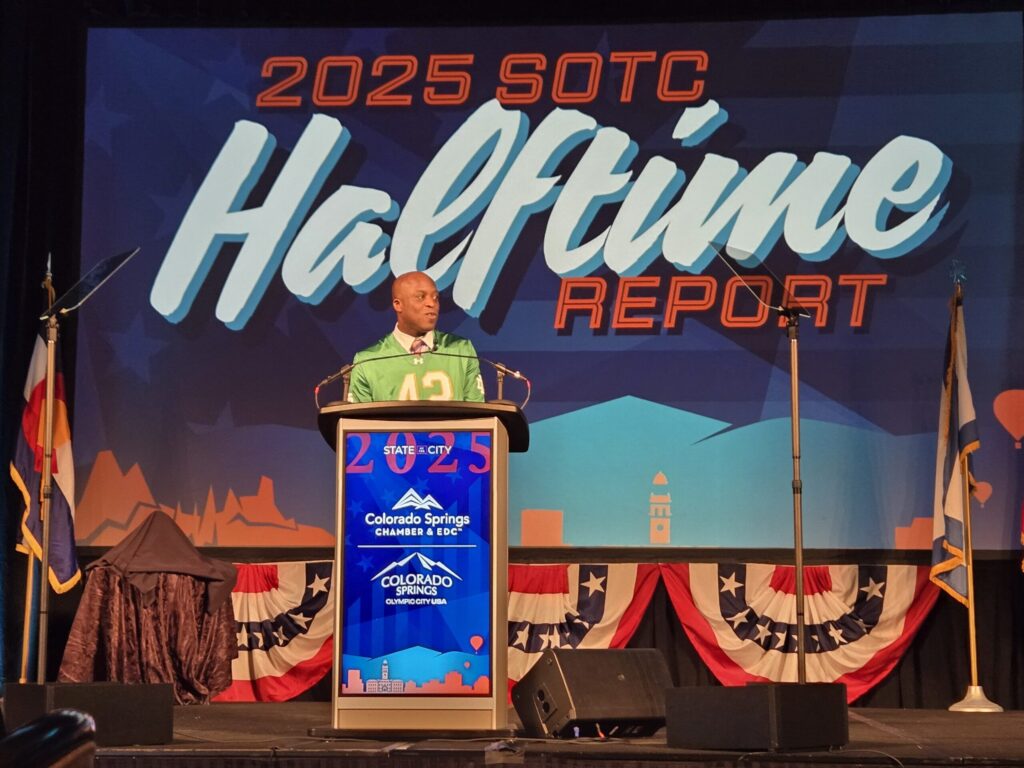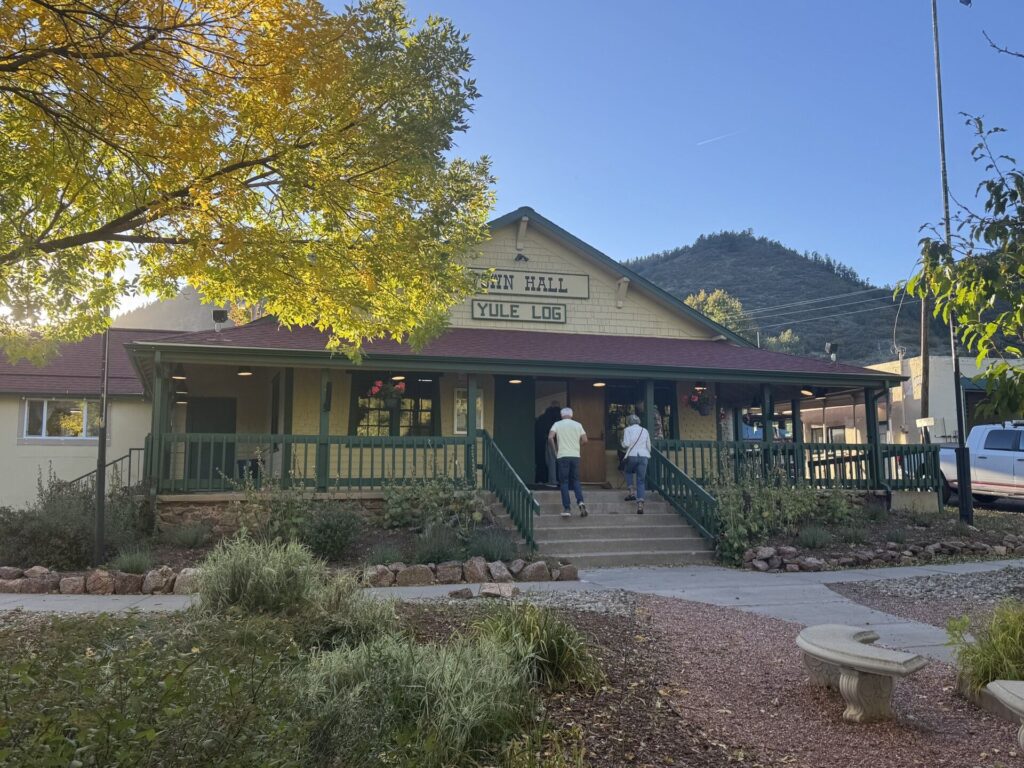Denver mayor tells agency heads to ready budget cuts to pay for $180M cost of immigrants

Mayor Mike Johnston warned councilmembers on Tuesday that the city has reached a breaking point with immigrants – who illegally crossed the U.S.-Mexico border – ending up in Denver, a crisis that is now threatening the fiscal health of Colorado’s most populous city.
“We do not have space to add more folks that arrive nor do we have staff to support them,” Johnston said.
The city is under such a fiscal strain that the mayor has asked agency heads to come up with – and prepare for – cuts to their budgets.
Even if other communities, such as Adams County or the city of Lakewood, offered Denver additional hotel space, the city – Johnston warned – would require additional staffing and resources.
Denver was sheltering 4,561 immigrants as of Friday afternoon, the city’s dashboard shows.
If unabated, Johnston said the cost to city taxpayers could reach up to $180 million this year.
That cost projection assumes that the city will continue to temporarily house more than 4,500 immigrants a day. That translates to $40,000 per immigrant a year. That number could increase or decrease, depending on how many immigrants end up under the city’s care.
For comparison, the Johnston administration spent $45,000 per person to get 1,000 homeless individuals out of the city’s streets last year. Meanwhile, the state spends roughly $9,500 per student on average.
Early in the crisis, city leaders decided Denver would pay to house or transport immigrants to the city of their choice.
An unprecedented 37,074 immigrants from South and Central America – particularly Venezuela – have traveled to Denver since the U.S. began seeing a surge at the border with Mexico a year ago.
Johnston told councilmembers that he has already asked city department heads to evaluate their budgets and come up with 10% to 15% in cuts.
Already, the city has spent more than $38 million on its humanitarian response, the bulk of which has been footed by Denver taxpayers, despite state and federal grants totaling $14.1 million.
“We think we are at a very different tipping point than we’ve seen up to this moment,” Johnston said. “We want to both confront the hard truths about how we can make the system work and realize that we do not think that we have the capacity to keep adding additional services.”
A Johnston spokesperson said it is too soon to know what the savings target will be. In addition to the belt tightening, the city will also likely hold non-essential positions vacant and closely review new or expanded contracts and programs.
Councilmembers on Tuesday asked the mayor to pivot away from an emergency-driven response to the crisis and instead come up with a long-term plan that addresses the city’s humanitarian response to the influx of immigrants.
“I think the mayor has the right figures, assuming we shelter as many migrants as we are currently sheltering, which is not a realistic number that Denver can afford to shelter in hotels in perpetuity,” Councilwoman Jamie Torres said in an email to The Denver Gazette.
Over the past month, the city has sheltered – on average – 3,938 immigrants a day.
Denver first hit a record 4,000 sheltered immigrants on Dec. 22, city data shows. The number of daily sheltered immigrants since has only continued to grow.
Torres echoed Johnston’s previous complaints about Texas Gov. Greg Abbott sending buses daily to Colorado, including a “ghost bus” to the state Capitol last month.
Since mid-May, the Republican governor – according to his office – has bused more than 13,800 immigrants to Denver in a program touted as “Operation Lone Star.”
Since the surge in crossings at the border, Democratic and Republican governors have exchanged barbs, blaming the other for the influx and criticizing one another for shuffling immigrants around. The Democratic mayors of New York City and Chicago also blasted Gov. Jared Polis last year for busing immigrants there.
“At a local level, we are shouldering what is a federal responsibility,” Torres said.
Once primarily confined to gateway cities like New York and Chicago and to states that border Mexico, the unfolding immigration crisis has now spilled into America’s interior and to cities such as Denver, which is more than 600 miles from the closest U.S. border.
Officials have speculated immigrants are drawn to Colorado’s most populous city because of its relative proximity to the Mexico border while others believe its status as a “sanctuary city” is the appeal.
Generally, a sanctuary city is one that establishes a policy discouraging local law enforcement from reporting an individual’s immigration status to federal authorities.
Denver Gazette reporter Noah Festenstein contributed to this report.
















